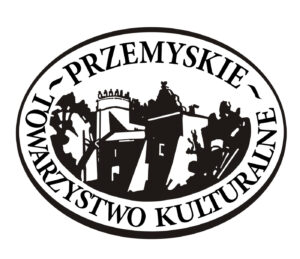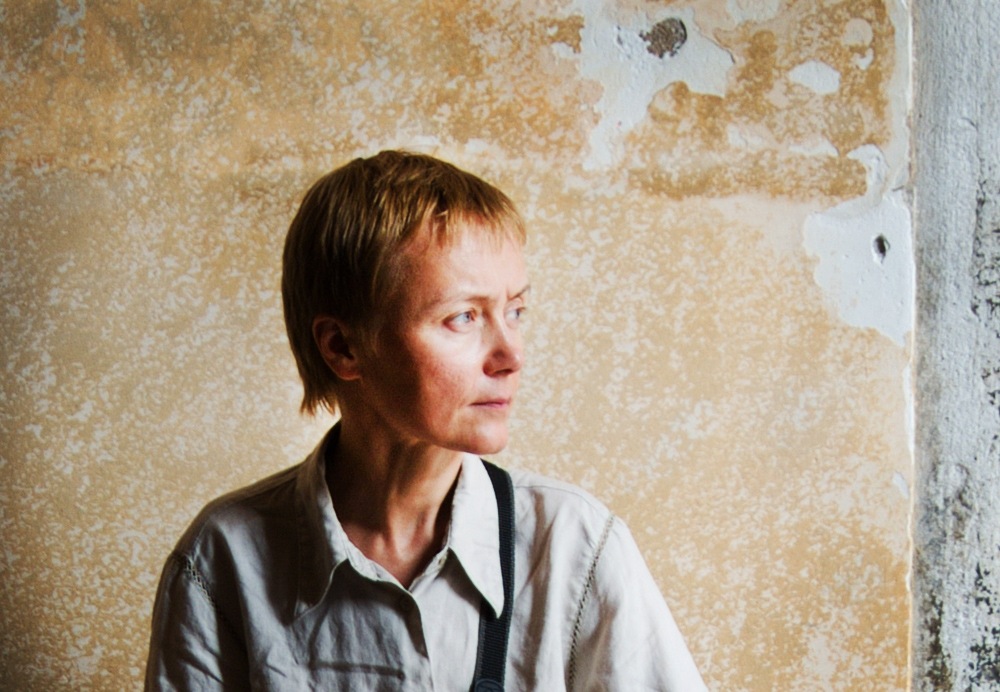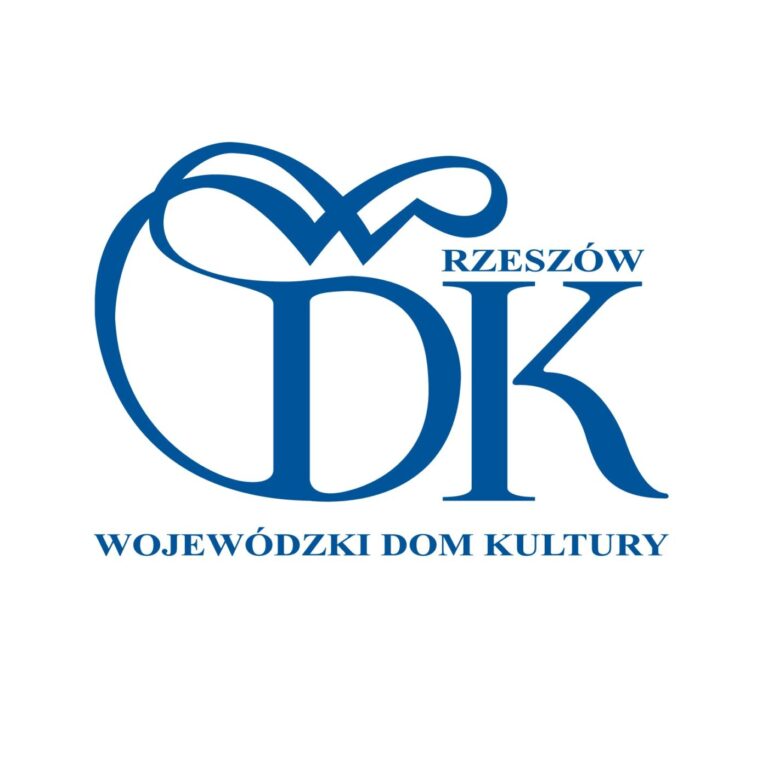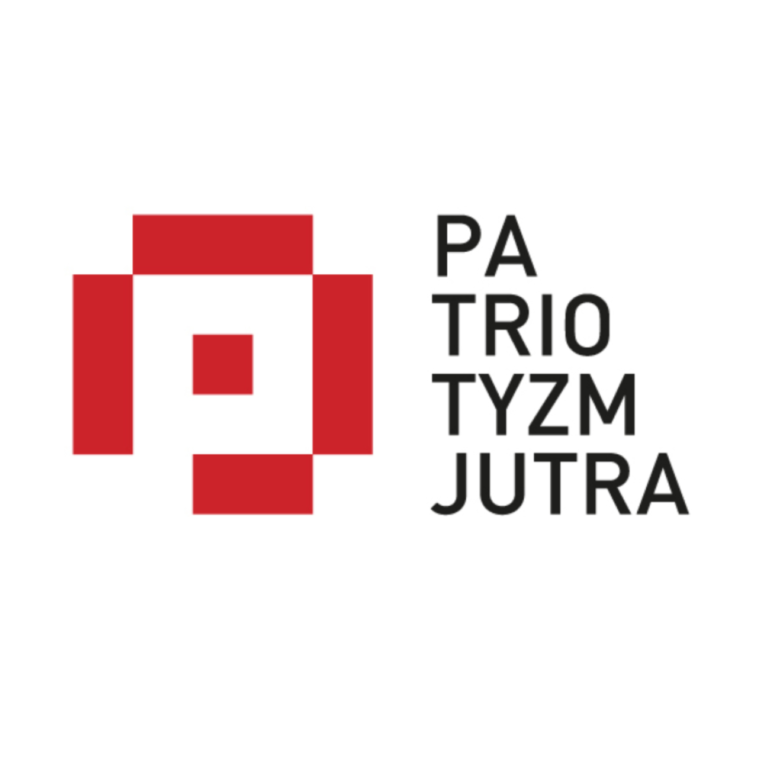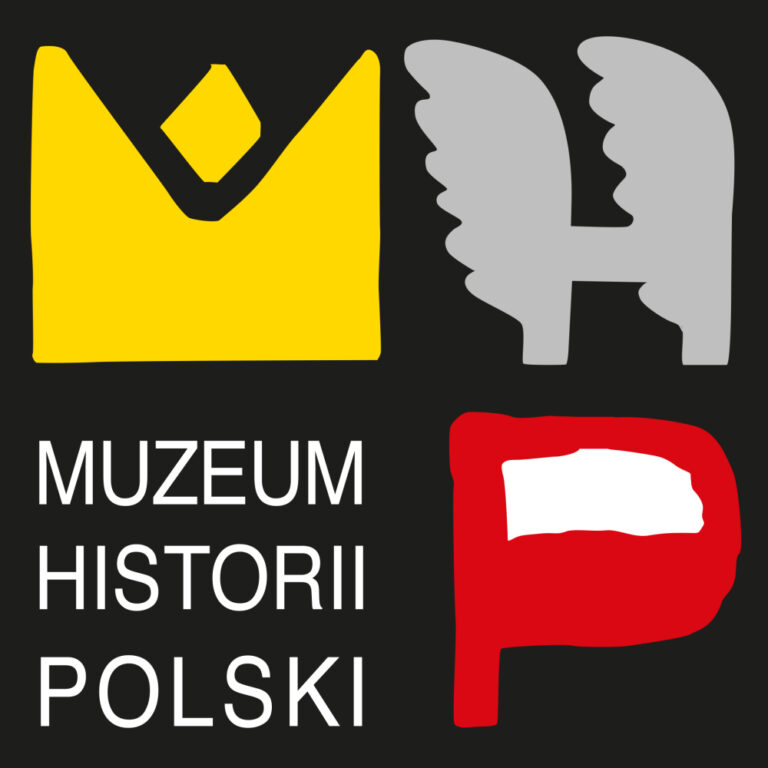Jadwiga Sawicka, painter, photographer, studied at the Academy of Fine Arts in Krakow with Jerzy
Nowosielski, UR professor.
The conversation took place in Przemyśl on 13.09.2022 during a walk along the San River. We reminisced about the old days. Human memory can be unreliable, so some stories may differ slightly from the facts presented by other people from the Przemyśl independent culture.
Jadwiga Sawicka is an artist who hails from Przemyśl and lives here. She studied painting at the Academy of Fine Arts in Cracow. He participates in numerous major exhibitions at home and abroad. He cooperates with many art galleries. He is a Ph.D. student at the University of Rzeszow.
AB: Jadwiga, we were just talking about the fact that in the 1980s you came together as a group of people with different views, people from different backgrounds, and acted together. You told me a moment ago that you were not fully aware that there were differences, however.
JS: Yes. I remember there was an interview with Anne Applebaum in which she said that at that time there was a general division between the government and the opposition. She claimed that if one was anti-communist, basically no one went into the details and shades of that anti-communism. The fact that one could be anti-communist in some different ways was not that important. Certainly, for me at the time it was not visible at all. I didn't distinguish between shades of anti-communism. What united us was a common opponent, i.e. communist power, and that was the best glue. By the way, I have already told Marta Trojanowska, who also worked on the subject of the opposition in the 1980s in Przemyśl, about this in the past. For us (although I'm mainly talking about myself), for example, it was not fully understood that when guests from the UK came, and among them Roger Scruton, some of the foreign artists referred to him with great dislike. We didn't understand this hostility at the time. It's just as, for example, I now personally could not participate in one venture with Marek Kuchcinski, so they then did not want to be identified with a conservative politician. Scruton was an anti-communist, but different from the other western guests. In the same way, we did not understand the dislike of some guests for Margaret Thatcher. For us, she was a symbol at the time, which we remembered primarily for her harsh treatment of Gen. Jaruzelski and communism as a whole. On the other hand, they argued that she was a politician who did a lot of harm to society at the time. We, at the time, did not fully understand this. Now, years later, I look at it a little differently and understand their behavior. Anne Applebaum also said that people she met with at various ceremonies and occasions now do not want to talk to each other because of the divisions that have taken place. I have the impression that this is also the case with me.
AB: It is interesting, also from a sociological point of view, that at that time you were united as a group of many different people, but after winning freedom, society began to visibly divide. As a young democracy, that time brought a lot of hope and also a lot of hard, difficult situations for people. For example, the closing of factories and the number of unemployed. There was also something new and unstable about it. We had the coveted freedom, but what next? How to support a family and live in the newly created reality? What I said is my digression, but now we also have difficult times: a crisis, a pandemic, and next to us a war that was never supposed to happen again.
JS: Yes, this is war in such a traditional way. At that time, there was really no such awareness that the material factor could weigh so heavily and poison human relations,
That just talking about democracy is no longer that important, and freedom is not a sufficient good.
AB: Did people from Great Britain and the West in general, who came here, suggest to you what mistakes of Western democracy not to make once it comes to us? Did they give you any public information and tell you what is happening in the West?
JS: It is difficult for me to answer for everyone, but in my opinion, those philosophers who came, the idealists, first of all wanted to tell us how to build the country on the best principles according to them, while the artists had no mission to correct anything. They were open-minded and did not judge or lecture. The very fact that they were able to come here was a very important event for them and for us. The good thing was that such an exchange was possible from the West and not, for example, from the Soviet Union, and the fact that it happened without the intermediation of official institutions like the ministry or the union. It wasn't easy to go then, only a few went on scholarships, so this was a grassroots and independent opportunity for contact with the West. For our guests from the West, the union's open-air art workshops and the fact that artists could work together, create, and that it was free, were very interesting phenomena. But back then it wasn't engaged art like today (I mean critical or participatory art), that came later. We didn't talk about social change, it was just artistic brainstorming. Maybe there was some misunderstanding, but there was also mutual curiosity and openness. On artistic grounds it is easier to accept differences.
Earlier you asked me about memorabilia from those years. I don't have anything, but certainly Helen Ganly took some photos and - above all - kept her diaries. I can write to her about this. She was in the attic at the time. I remember such an interesting situation, when Helen showed works referring to the problems of ethnic minorities, about Indian women living in England. She also talked about feminism. She talked about a group of German women artists who created the Frauen Museum. We did not understand this art. For us to deal with such things was quite naive at the time. After all, in our country there was already Socialist Realism. This dissonance was also due to the cultural difference. I also looked at it with such curiosity, but at the same time with a kind of disbelief. It seemed a bit like looking for problems by force for us at the time. Helen was also in Czechoslovakia at the time and contacted the opposition there as well.
AB: Well, but this was all due to the fact that you were behind the Iron Curtain, and the cultural differences between Poland and the West were huge at the time, and you couldn't jump over that.
JS: Yes, and it was just not understood by us. There were some nuances that could not be fully understood. Nuances or maybe something more than nuances - we simply differed in our understanding of the world. I think Western artists, on the other hand, may not have understood that we were exhibiting our work in a church. In the West it was difficult to understand that we were not bothered by the context of institutional religion, but it really didn't bother us at the time. Because this cooperation was on a completely different basis than it would be now.
AB: Would you agree with me that at that time the Church was in the midst of all this political strife
On the good side?
JS: Yes, that was certainly the case.
AB: Franciscans organizing exhibitions and the Man-God-World festival is an example from Przemyśl. And do you perhaps remember your text posted in one of the issues of "Cultural Attic", quite critical of one of the festival exhibitions?
JS: Unfortunately, I don't recall that....
AB: For me, it was interesting enough that a text was published without editorial censorship, regarding the exhibition and, in this particular case, its blandness. The good thing was that all points of view were published in the Attic. After all, the Attic meetings brought together different people with often different views, but nevertheless able to get along with each other. Nowadays, I have the impression that there is a lack of opportunities in the public sphere for just such, broader, discussion. Back then, this did not disqualify you as a group.
JS: Well, that's what I'm thinking now, that perhaps the greatest value of those exhibitions, which is no longer reproducible, was the credit. Today, art is approached with great suspicion, assuming that artists are looking for controversy. However, there used to be (i.e., in those specific times and circumstances) more trust on the part of the viewer and the artist. Especially when exhibitions were held in church. However, the paintings themselves, at the same time, did not have to be on religious or patriotic themes. They were not censored. The very fact of exhibiting in this place united people. This capital, I have the impression, is now gone irretrievably. The attitude to art in church once and now is something completely different. I wouldn't exhibit in a church now, and the church itself probably wouldn't want me to exhibit in it either. Nowadays it could interfere more with what is shown on its grounds than it used to. There is something of a mutual distrust now. Back then, even when I said at one exhibition at the Franciscans that I was an atheist, it was no problem for the hosts. It was actually very cool. Western artists, on the other hand, were interested, for example, in the number of women in relation to the number of men in the plein air. And for us then it was not important. In our opinion, good artists were simply invited. Such selective blindness.
AB: Tell me, were these graphic works of yours, which were published in "Attic," prepared specifically for this issue, or were they selected from your drawings and graphics?
JS: I don't remember so exactly anymore. I was drawing a lot at the time and chose them from the things I had. Maybe some I made up on the fly. The drawings were so enigmatic that they did not directly relate to the subject, they were not illustrations.
AB: Tell me how those events and contact with people from the old days, who met in Przemyśl and Ostrow, influenced you later? How do you recall those times?
JS: To tell the truth, it was a rough period for me as well. I was fresh out of college
And I didn't know what to do next. I had no plan for life, I was full of my own personal dilemmas and problems. Artistically I was not doing well. I felt at the time that it was drifting in place. I was frustrated. So the opportunity to participate in those meetings was important to me, because it was some kind of alternative. When I returned to Przemysl, I didn't know if it was the system's fault or if it was my fault. It was a period of flitting and searching for my way for me. During my studies I didn't think about what it would be like when I finished them and that I would paint something, create something and make money from it. I also had an offer to decorate newspapers in an existing empire, but I really didn't want to do it. The Przemysl gallery was a rather closed environment. At the meetings I was mainly interested in the subject of art, and they also concerned other fields, such as philosophy politics and so on. At the time I didn't appreciate the diversity that is/should be a feature of a truly intellectual environment. When I used to go there with my then-husband Staszek Koba, we used to choose the meetings that interested us. At the time we thought that Marek Kuchcinski was primarily interested in art, and other topics were an add-on, but this was our perspective, as it turns out, very limited.
AB: I infer that you attended the meetings, but you were also not quite sure if this is something directed at you? Were you looking for your path?
JS: Yes.
AB: Well, that's right, but I guess it's also in man's nature that he wants to learn about the world around him and other points of view. Try something and see for yourself. Participate in different events, and a person develops and changes his approach to life and his views. For you, too, it was a hard time to look for your way. I, for one, believe that all this shapes us and makes what kind of people we are today.
JS: In theory I agree with you, but in practice it's not so simple. It's difficult to judge people and events of the past without looking at the present. I didn't appreciate the attic at the time, because it was happening right next to me. There was also some kind of snobbery there. It was a closed environment and it irritated me a little, so I was critical of it. However, in retrospect, I can say that this is an important, unique phenomenon. It was indeed a very interesting place where we spent time with friends, such as during meetings or New Year's Eve. I think to myself that at the time it was beyond our comprehension that one could be anti-communist and conservative at the same time. I associate anti-communism primarily with freedom in the broadest sense, and now I associate freedom more with leftism. Back then, on the other hand, leftism was unequivocally associated with communism, so the word "left" was discredited.
AB: It's a pity that back then some other word didn't emerge to describe the left you're talking about, maybe it would have been easier.
JS: Perhaps "anarchism" would be more appropriate.
AB: That is, you were missing the word. Well, but after all, it was the word that you - the artist - dealt with later....
JS: Well, yes.
AB: I remember the 1990s and your work on banners all over Poland and also in Przemyśl. I was a teenager at the time and didn't understand it at all
JS: In the 1980s, I was preparing to study at a language college in Przemyśl and learned English. The need to express myself with a very limited vocabulary, a different cultural context, gave me a lot to think about. It was then that I became fascinated with the subject of language.
Alexander Busz was interviewed.
